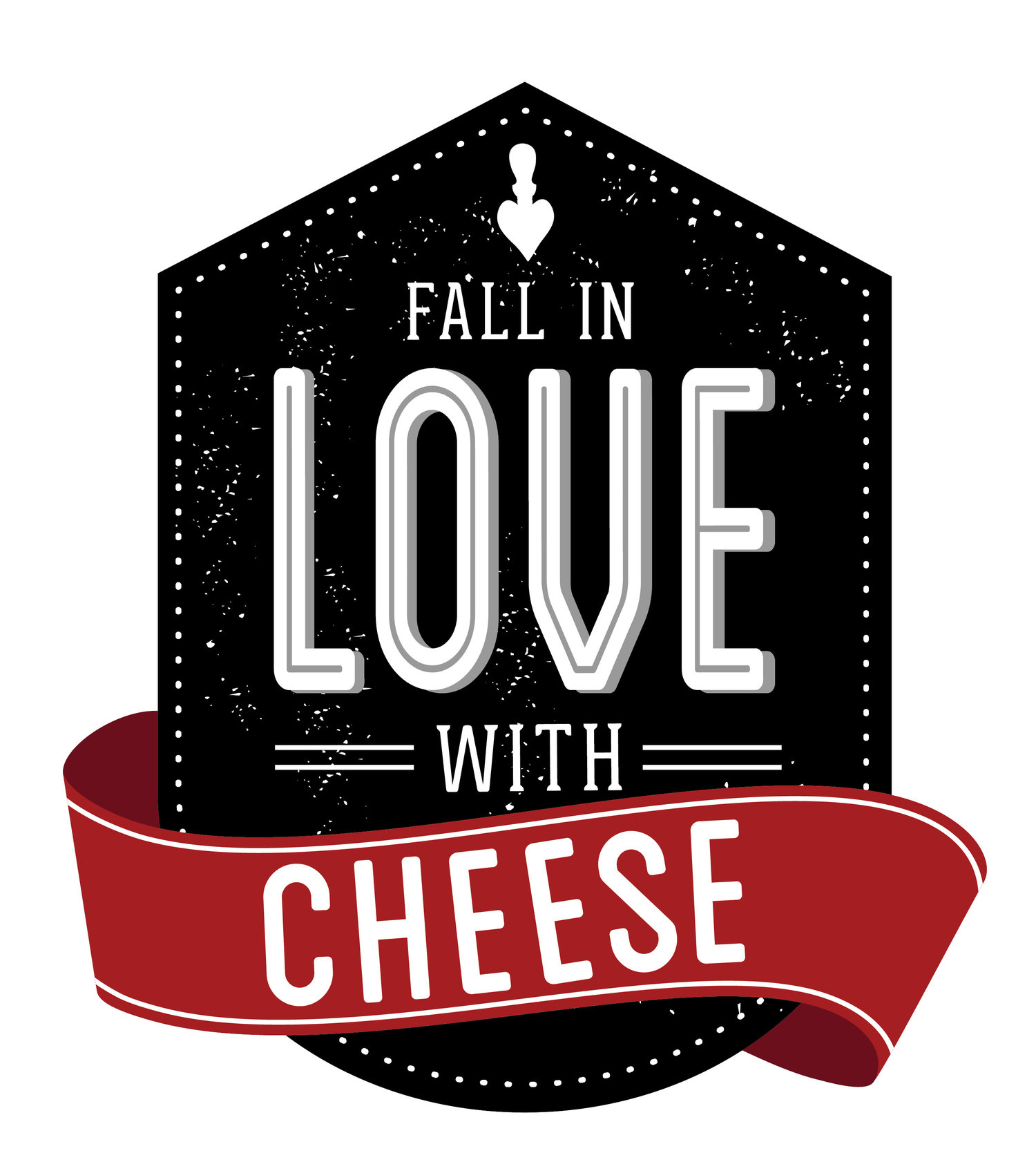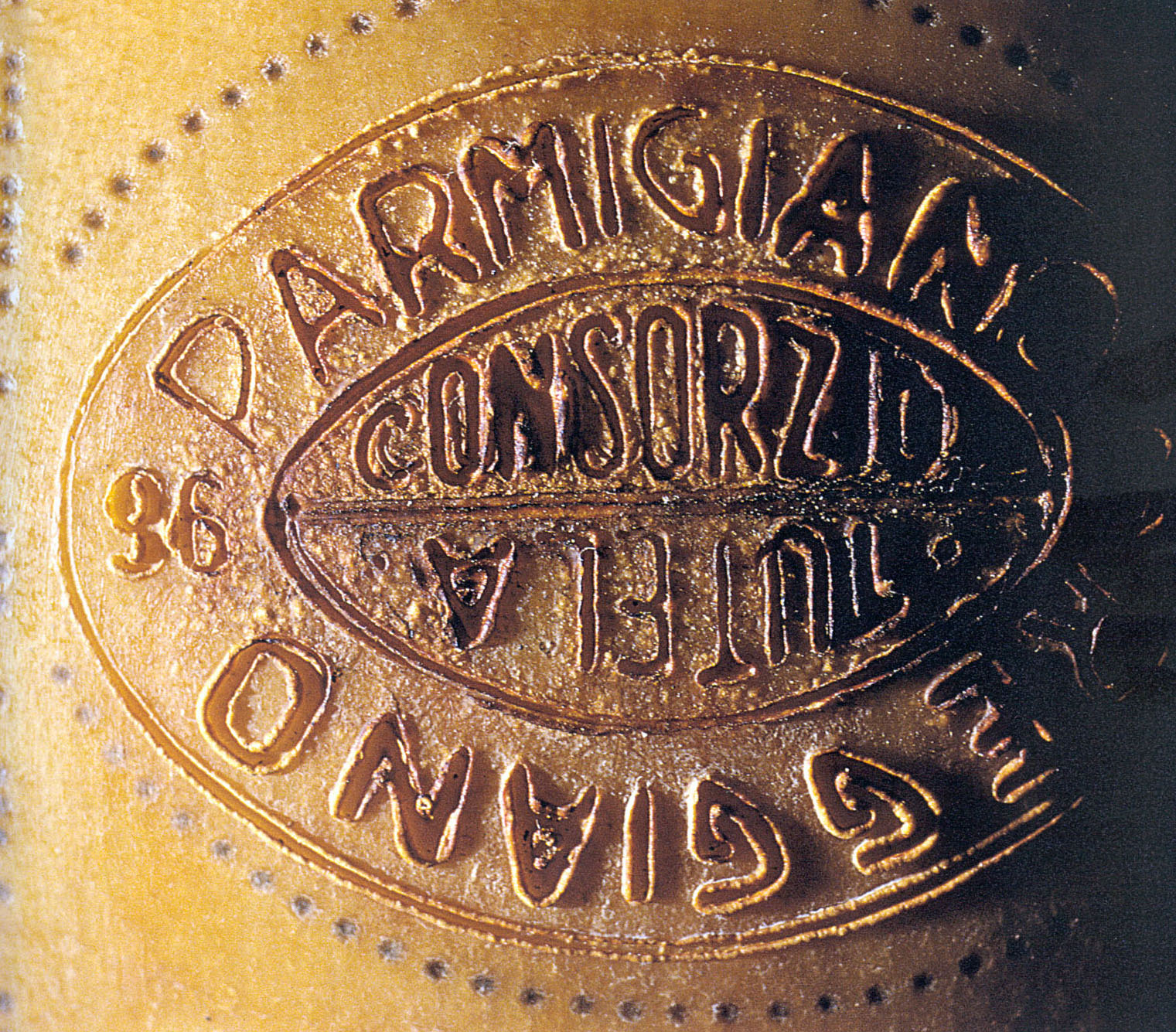

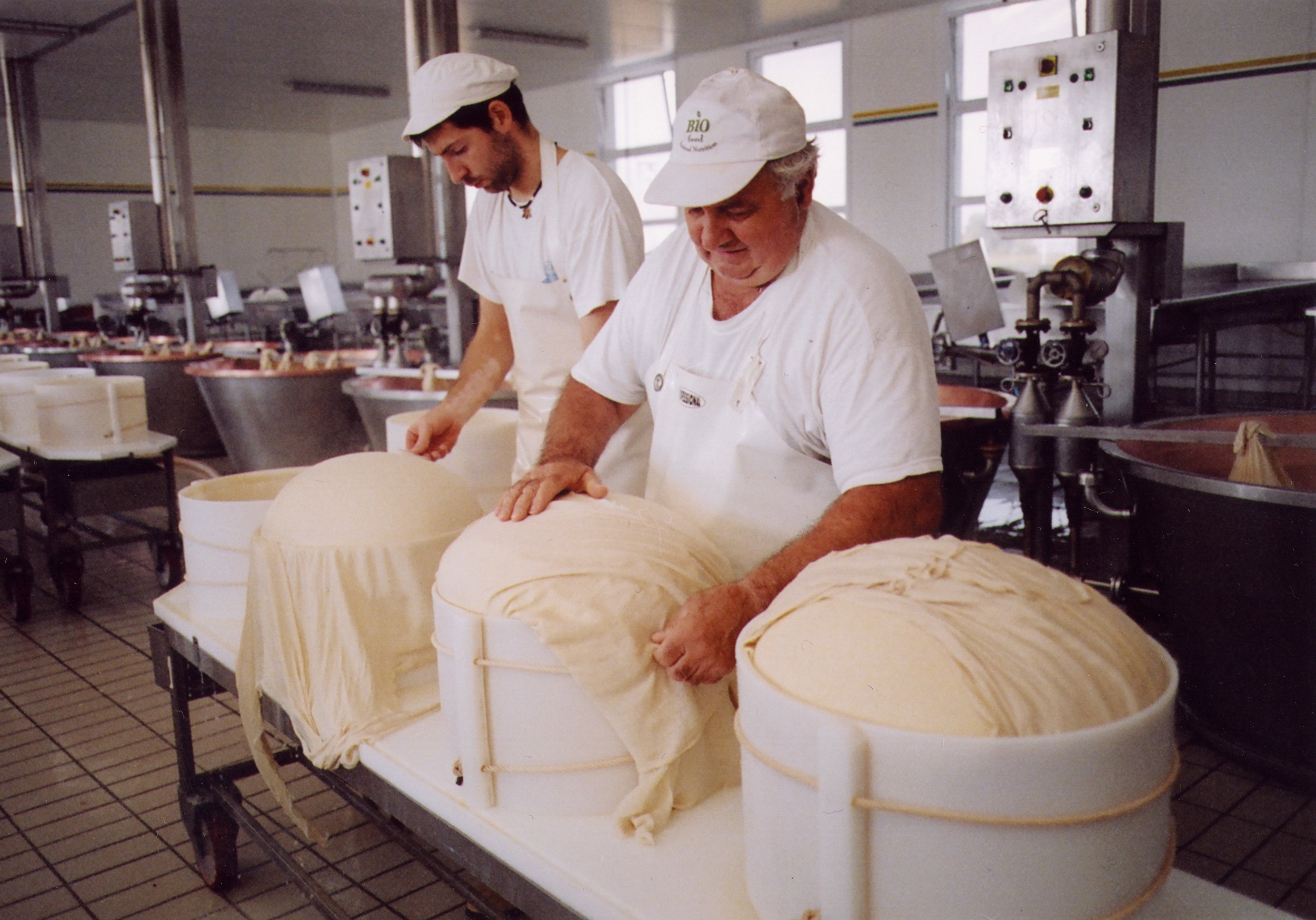
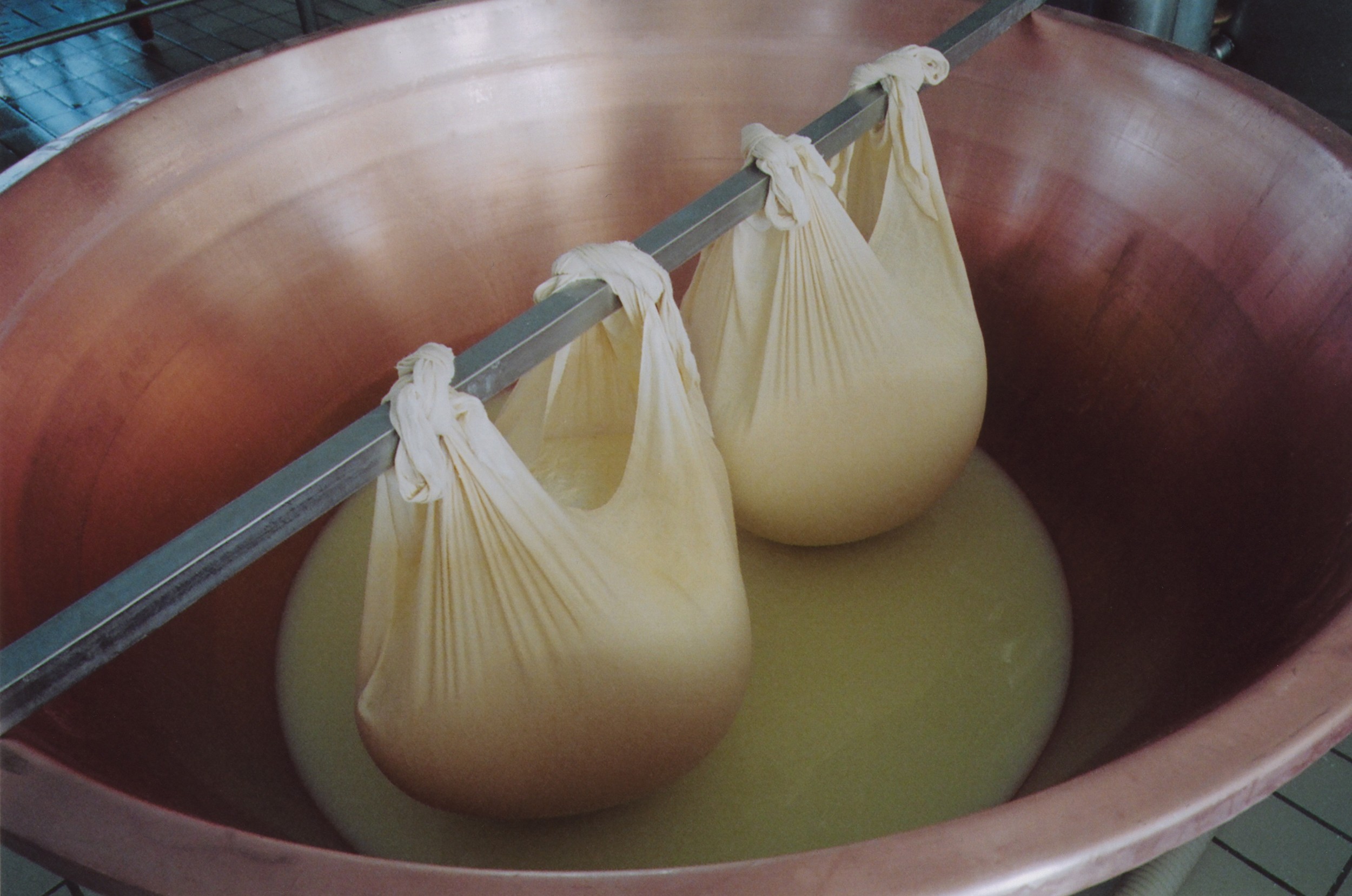
The recent investigations into producers of grated/shredded Parmesan has had me thinking about why Americans think it's OK to eat cheese from a can on a shelf with a long shelf life. Everything about this cheese powder in a can that sits at room temperature for months, maybe even years, is wrong. So, the findings about the questionable authenticity of the cheese and excessive wood cellulose in products labeled 100% Parmesan cheese is not a bit surprising to me.
However, what is surprising to me is how many people think it's completely acceptable to eat a supposed dairy product that has been sitting on a non-refrigerated shelf in a can for who knows how long. Most Americans won't even let their butter sit out at room temperature or a chunk of Cracker Barrel cheddar. So why is Parmesan treated with such disregard? Are we that disconnected from what goes into our foods? Yes! of course we are. But I wont get into all of that here. However, all my Mad Men watching has led me to believe canned Parmesan is uniquely a marketing scam that needs to go away already.
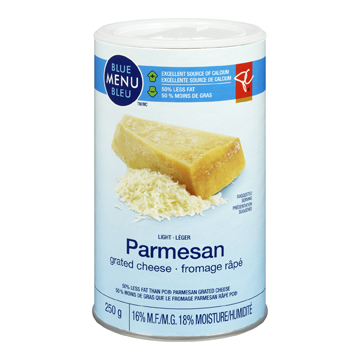

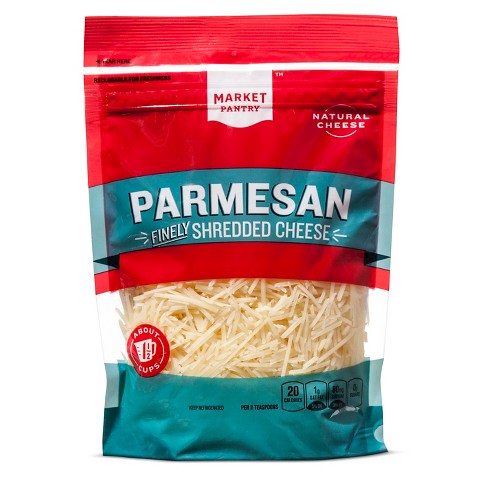
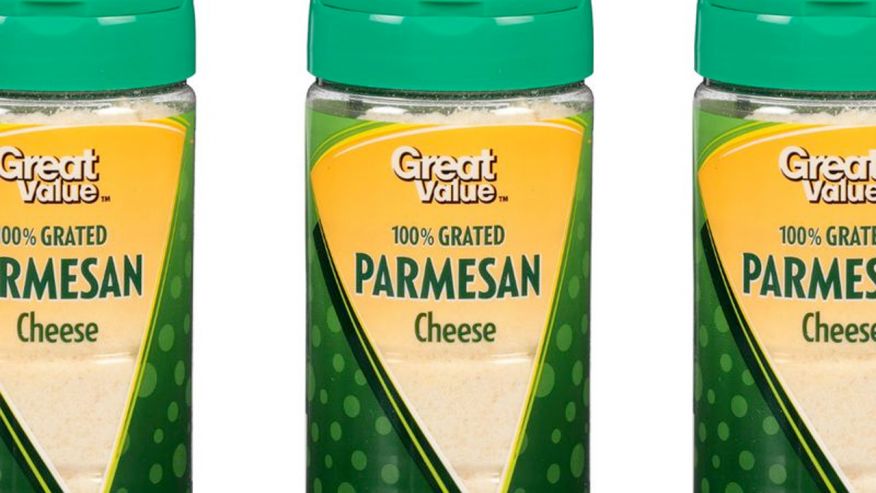
In a world that is moving towards more farm to table foods, less processed foods, more awareness about what goes into our foods and where it comes from, it is time to give up that canned Parmesan and go for the real stuff.
Here are my (very convincing) arguments why you should ditch that "Parmesan" stuff and get the real stuff, NOW!
1. Yes it's more expensive! Of course it is! It's real milk and it is made by real humans in a facility that really makes cheese. It also gets aged for at least a year in aging rooms with controlled environments and real humans that tend to the cheese everyday. Do you know how much a gallon of milk costs? Milk prices fluctuate greatly. In Italy the most recent prices on milk are at an average of $5 a gallon. On average, one gallon of cow's milk yields one pound of cheese. With Parmigiano it yields less due to the loss of moisture in the cheese during maturation. Add to that, the cost of production and aging and distribution, and real artisan cheese becomes expensive. By the way, an entire wheel is about 85 pounds. Real unadulterated, no-fillers-food, costs more money. The benefits of real food far outweigh the expense.
2. Shelf life? I'm willing to bet one pound of real Parmigiano Reggiano will last longer in your fridge than one canister of powder cheese. You see, the powder stuff doesn't have much flavor so you gotta add about 2 to 3 times more powder to your foods to get more flavor. The flavor intensity in the real stuff only requires a light sprinkle over your food. And Parm in the fridge can last months (basically until you're done with it). For the daily user who lives in a cool climate, Parm is happy on your counter top. Just scrape off the tiny blue mold that may show up every now and then, and keep using it. Some blue mold specs on the surface is perfectly normal. Your cheese is alive and the mold that develops on the surface will not kill you. It will however, affect the flavor of your cheese, so if you wont be done with that chunk in less than a month just keep it in your fridge in a ziploc bag.
3. It's real food! Ingredients in Parmigiano Reggiano read as follows: Milk (produced in the Parma/Reggio area in Italy in less than 20 hours from cow to cheese), Salt, Rennet (a natural enzyme from calf intestines absolutely essential to the coagulation). The ingredients in a can of Market Pantry (the Target brand) 100% Parmesan read as follows: Parmesan cheese (Pasteurized Part-Skim Milk, Cheese Culture, Salt, Enzymes), Potato Starch, Corn Starch and Powdered Cellulose to Prevent Caking, Natamycin (Mold Inhibitor). In addition, more recently in February 2016 there have investigations into the producers of many grocery store "100% Parmesan" products that have excessive amounts of wood cellulose, and (for the sake of not getting too technical) other questionable "cheeses". Some didn't even find any traces of real Parmesan cheese.
4. It's nutritious and delicious. Yes! Parmigiano Reggiano is nutritious. Check out the list of vitamins and minerals found in a sample of this magically delicious cheese. Nutrition Facts
In addition, I'd like to add it's gluten free, lactose free, and very very low in Carbs. Now, I know what you're thinking, "how about the fat and the salt?". If you're concerned with salt and fat, consider this.....The flavors are intense enough you really don't need much of it to elevate your food. A little bit goes a long way. Use a little bit of cheese instead of salt on your salads, pastas, sandwiches, rice dishes, meats, etc. You get an added bonus with all the minerals, proteins and calcium when you use Parmigiano instead of salt. The fake stuff is loaded with salt, questionable stabilizers, fillers and other miscellaneous unconfirmed products.
These are just four reasons why you should ditch your canister or bag of so-called "Parmesan". Run to your closest cheese shop and get yourself a chunky grainy piece of Parmigiano Raggiano from Parma/Reggia in Italy. The fresh cut pieces from the wheel should be available at any cheese counter with a cheesemonger. However, if you can't get it fresh-cut, go for the vacuum sealed wedge in the dairy case. Make sure it says Parmigiano Reggiano. That name is legally protected and cannot be used unless it's the real thing.
This cheese has been made for centuries in the same region using the same recipe. This is a majestic cheese known as The King of Cheese for its history, tradition, taste, geography and contribution to the Italian culture.
For more information on Parmigiano Reggiano, please visit the Parmigiano Reggiano page. This is chock full of history, geography, taste profiles, recipes and everything you ever wanted to know about Parmigiano Reggiano, and more.
